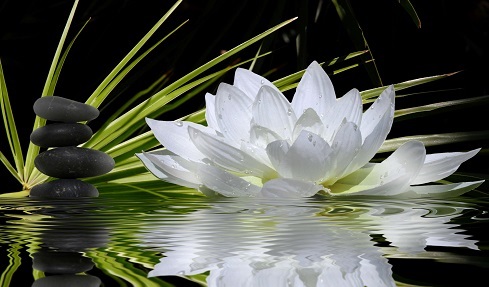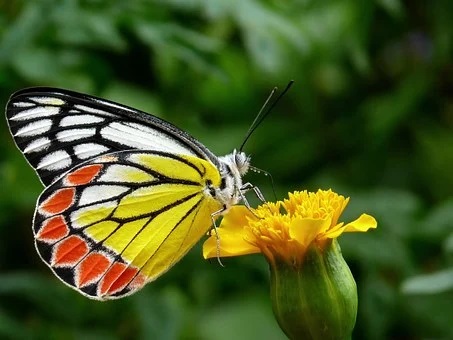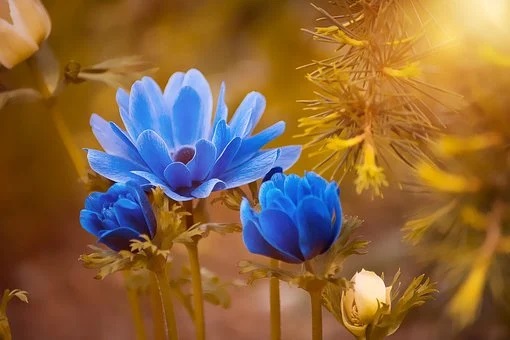There are many kinds of desire – money, fame, love, etc. When desire is not under control and allowed to grow freely, it becomes insatiable, making us all slaves to its command. This short lifetime will then be spent in pursuit of illusive targets and wasted in striving to satisfy desires. Looking back when life nears its end, one painfully discovers that happiness is a real scarcity with unhappy moments scattered throughout one’s lifetime. Uncontrolled desire can destroy not only this life but also next life, not only oneself but also other beings. Robbery, for example, is basically caused by desire—desire to take what one lacks and others have; in so doing, one not only destroys this and future life but also disrupts the life of others.
~Depicted from THE HANDBOOK'S FOR LIFE JOURNEY - On The Three Poisons-How to Handle Desire











